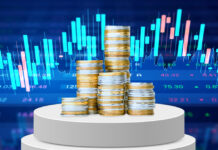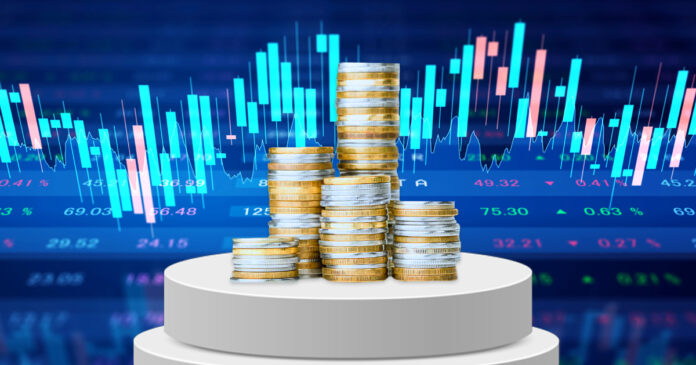We hear about it on the news when “markets crash” or “stocks soar.” We watch movies where characters get rich (or ruined) overnight. Our phones get bombarded with ads from trading apps, and financial influencers preaching about “buying the dip.” But in this rat race, few discuss what the stock market is. Most importantly, why is it considered the golden ticket currently?
Honestly, I have always wondered why people are always so invested in how the stock market is doing. About time we update ourselves so we don’t get left behind.
What is the Stock Market and How Does it Work?
The stock market refers to public markets that exist for issuing, buying, and selling stocks that trade on a stock exchange or over-the-counter. Stocks, also known as equities, represent fractional ownership in a company, and the stock market is a place where investors can buy and sell ownership of such investible assets. Technical right?
In put it more simply, the stock market is basically a place where people buy and sell pieces of companies. These pieces are called stocks or shares. When you buy a share of a company like Apple, you’re buying a small piece of that company. You become a part-owner (even if just a tiny one).
Companies offer these shares to the public in order to raise money, often to expand, launch new products, or pay off debt. This process of “going public” happens through an Initial Public Offering (IPO).
After that, these shares are traded on public stock exchanges like the New York Stock Exchange (NYSE), where people buy and sell them every day, based on what they believe those companies are worth.
Stock prices change based on what people think a company is worth.
If a lot of people want to buy a stock, the price goes up. If a lot of people want to sell it, the price goes down.
It’s all about supply and demand, just like in any regular market. But in the stock market, people are also reacting to:
- Company news (like profits or losses)
- Big events (like elections or wars)
- The economy
- Even social media and memes
When a nation’s stock market is booming, we are made to believe that the economy is booming (despite other factors). Yes, that is how big of an economic player the stock market is. It’s a fundamentally psychotic philosophy.
A Brief Overview Of History
Now that you know, the stock market is the buying and selling of shares based on their worth in the future. It may have occurred to you how it all even started. Who even owns the stock market?
One by one, we will get into that.
The first stock markets emerged in 15th-century Europe, in Antwerp and London. The modern stock market originated in Amsterdam in 1602 with the establishment of the Dutch East India Company. Although the first stock market began in Amsterdam in 1611, the U.S. didn’t get into the stock market game until the late 1700s.
In 1792, a small group of merchants made the Buttonwood Tree Agreement on Wall Street in New York. This group of men met daily to buy and sell stocks and bonds, which became the origin of what we know today as the New York Stock Exchange (NYSE).
Now who owns the stock market? Nobody really “runs” the market, but there are rules and regulators to keep things fair. In the U.S., the Securities and Exchange Commission (SEC) oversees things to prevent fraud and insider trading. Stock exchanges also have listing requirements that companies must meet to stay on board.
But make no mistake, this is still a space where big players (like hedge funds and institutional investors) often have more information, more tools, and faster access than everyday retail investors.
Investing vs. Gambling: Which is it?
This is where people often get it twisted. The stock market is not a casino, but it can feel like one if you treat it that way. Investing is long-term. You’re buying pieces of companies you believe in and holding them over time.
Speculating or day trading, on the other hand, is high-risk and short-term, trying to profit off price changes quickly. That’s where people either make a killing or lose it all. The line between smart investing and risky gambling often depends more on your approach than on the market itself.
Even if you’ve never touched a stock in your life, the stock market affects you.
- Your pension fund or retirement savings is likely invested in stocks.
- Job markets often reflect investor confidence.
- Economic booms and busts ripple through the stock market and into daily life; housing, jobs, inflation, everything.
It’s not just for the rich or the financially savvy. The stock market is woven into modern life, whether we like it or not.
Stay tuned to Brandsynario for latest news and updates




































